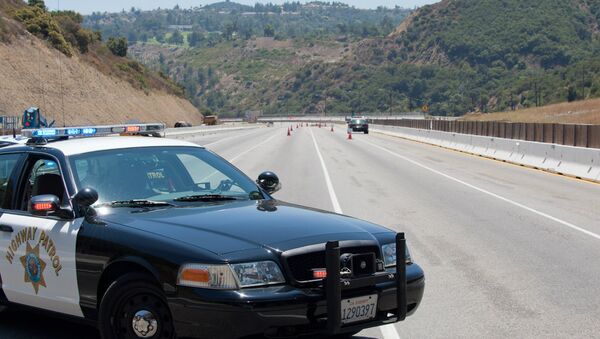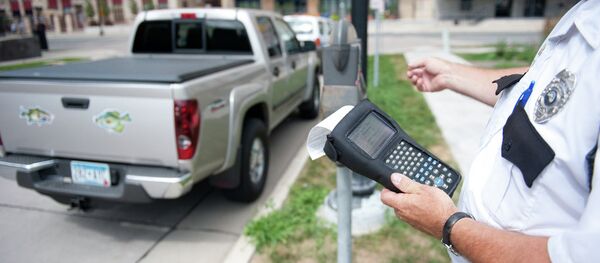Harrison Orr is suing the California Highway Patrol as well as the state of California, claiming Officers Jay Brame and Terry Plumb violated his civil rights. The suit alleges assault and battery, negligence, false arrest, and elder abuse during a traffic stop.
Orr was pulled over for allegedly driving too slow, making an unsafe lane change, and “drifting” back in 2013. The officers claim they believed the elderly man may have been under the influence, despite the fact that he passed a breathalyzer and other sobriety tests.
The elderly motorist explained to Brame and Plumb that he previously had a stroke, which makes it difficult for him to walk in a straight line.
Despite the breathalyzer proving that Orr was sober, the officers made a false arrest for driving under the influence. When the officers went to handcuff the innocent man, he resisted, and Plumb punched him in the stomach with enough force to make him fall to the ground.
Once at the station, Orr was again cleared of being intoxicated, but he was still charged with resisting arrest, charges that were ultimately dropped by prosecutors.
In court testimony, Brame stated that the department is under pressure to issue tickets as they must hit a monthly quota — even if they don’t come across enough people who are actually doing anything wrong.
The CHP denies that any quota system exists. But Brame’s legal representation entered an official work evaluation into evidence that corroborated his story.
“You have averaged five enforcement contacts per day for the first 15 days of the month, this is well below the shift average and not acceptable for a (motorcycle),” the evaluation stated. “You will need to pick up your enforcement activity the second half of the month and use the (motorcycle) for what it is intended to be used for,” the evaluation stated.
Even US District Judge William B. Shubb was taken aback by the evidence provided, stating that “this is terrible,” and that they “would think that the CHP should be ashamed of that document.”
“You can see from the evaluations that the CHP certainly has a quota,” Orr’s attorney Julia Sherwin stated. “The quota is 100 a month, even if they don’t encounter 100 people who are doing something wrong.”
Quotas are a dirty secret in law enforcement that no departments will admit to, despite numerous whistleblowers coming forward in the past few years with evidence. Activists, police unions, and officers alike agree that policing as a source of revenue generation corrodes a community's relationship with police.
“Quotas are the worst possible way to try to produce more effective policing. They risk turning officers in automatons and fuel predictable, pervasive distrust between cops and communities," Patrick Lynch, the president of the New York City Patrolmen's Benevolent Association, wrote in 2013.




